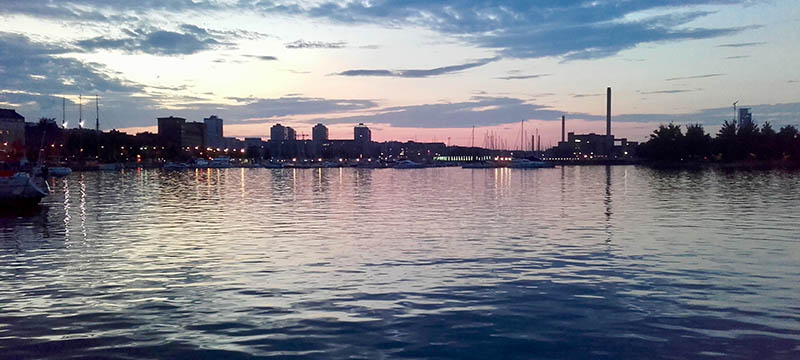La grécophilie hors d’Europe
Conférences de Constanze Güthenke et de Michael Lucken
Le séminaire Transfers culturel consiste à interroger les vecteurs du déplacement de contenus intellectuels dans l’espace et dans le temps, ainsi que les re-sémantisations engendrées par ces transferts. Chaque année, de nombreux spécialistes français et étrangers présentent leurs travaux et projets. Lieu d'échange et atelier de recherche, ce séminaire est fondamentalement pluridisciplinaire, et aborde au fil des séances une large variété de sujets touchant plus particulièrement à l’histoire culturelle et à l’histoire des sciences humaines.

Constanze Güthenke (Oxford) : The blossoming of Doctor Dryasdust”: America, classical scholarship, and old Europe
The best scholarship that has in the last decades engaged with the reception of classical antiquity in the USA has, for the most part, focused on forms of cultural and literary classicism, rather than on the scholarly engagement with the classical past. If this latter story has been told at all, it has normally been told within the parameters of American history.
This talk is part of a project that hopes to assess the intellectual and institutional formations of classical knowledge in America from a transnational perspective, and to develop models for charting this transnational entanglement and its effects on the epistemological expectations of understanding and reading antiquity on the one hand, and the imagination of an American classical scholar on the other hand. From this angle, it will become clear that the relationship with Europe, and in particular with Germany as a benchmark for scholarly practices, is a transformational and highly complex one: This is a relation that is marked both by a sense of belatedness and modernity, by rootedness and supersession, liberation and limitation, progressivism and (post-)colonialism, and by emulation and alienation; and these are of course structures that apply to the relationality with antiquity itself, which becomes mobilised within this set of issues.
Constanze Güthenke will focus in this talk on the nineteenth century and the first generation of American scholars involved in the creation of the German style research university in the US.
Michael Lucken (Paris) : Une appropriation légitime est-elle encore possible ? Le cas du "Japon grec"
Plusieurs travaux récents montrent que la Grèce ancienne a contribué de manière importante à la construction de la nation japonaise moderne. Pourtant, jusqu’à présent, les signes pointant vers la culture classique au Japon (dans la philosophie, le droit, l’architecture, les beaux-arts ou encore les dessins animés) ont surtout été perçus en Europe comme le reflet de l’occidentalisation de l’Archipel ou comme le signe d’une forme d’opportunisme commercial. Toutefois la présence des hellénismes dans la langue et l’ampleur du travail de traduction effectué depuis la fin du 19e siècle indiquent que cet emprunt n’est ni subi, ni superficiel.
L’objectif de cette présentation est donc d’interroger la nature du lien ainsi construit. A l’heure où les peuples ont le sentiment d’être dépossédés de leur(s) identité(s) et où le concept d’appropriation tend à se réduire à sa dimension prédatrice, il est important de reposer la question des transferts culturels en termes d’appartenance. Que peut-on posséder d’une culture « étrangère » et en quoi est-ce différent d’une culture « locale » ? Existe-t-il des conditions autorisant des formes d’appropriation légitimes ? Que peut-on en déduire de la nature du rapport de possession ?
Conférence dans le cadre du séminaire Transferts culturel
Mis à jour le 10/9/2019
